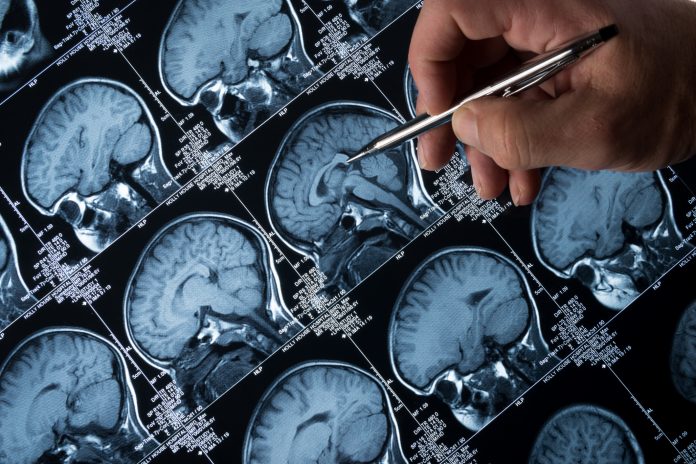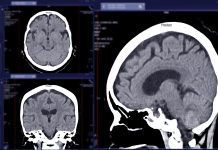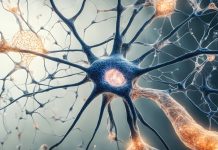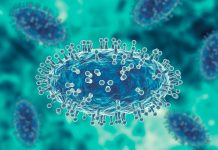New research reveals a wearable night headband capable of identifying early biomarkers for Alzheimer’s disease in asymptomatic adults
A team of researchers from the University of Colorado Anshutz Medical Campus and Washington University in St. Louis have identified ways a headband can detect the early stages of Alzheimer’s in your sleep.
The digital biomarker uses electroencephalography (EEG) to detect brain wave patterns related to memory reactivation in sleep.
Study results published in Alzheimer’s and Dementia: The Journal of Alzheimer’s Association identify the relationship between EEG readings and levels of specific molecular changes indicative of pre-symptomatic Alzheimer’s disease.
EEG signals can also detect early stages of mild cognitive impairment due to Alzheimer’s disease.
“This digital biomarker essentially enables any simple EEG headband device to be used as a fitness tracker for brain health,” says Brice McConnell, MD, PhD, assistant professor of neurology at the University of Colorado School of Medicine.
“Demonstrating how we can assess digital biomarkers for early indications of disease using accessible and scalable headband devices in a home setting is a huge advancement in catching and mitigating Alzheimer’s disease at the earliest stages.”
This is the largest study; researchers analysed data from 205 older adults, identifying notable reactivation issues linked to protein levels such as amyloid and tau.
“This digital biomarker enables any simple EEG headband device to be used as a fitness tracker for brain health.”
“Identifying these early biomarkers for Alzheimer’s disease in asymptomatic adults can help patients develop preventative or mitigation strategies before the disease advances,” explains McConnell.
Wearable tech and Alzheimer’s disease
Wearable tech has a number of uses when concerning Alzheimer’s disease, both in early detection, as we have seen here, but also for those in the later stages. wearable tech can help manage conditions like dementia and diabetes by continually tracking patients’ well-being and health conditions.
This breakthrough in early detection is an exciting step towards wearable tracking for digital biomarkers and disease detection.








